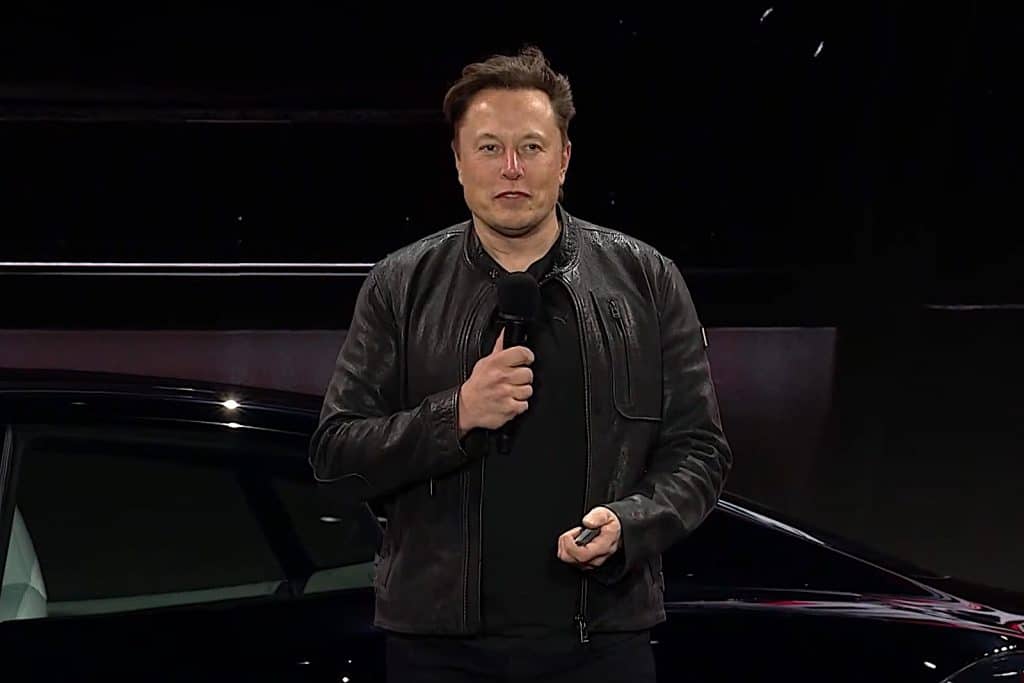“Hellscape”? Twitter Controversy Threatens to Spill Over to Tesla
Elon Musk’s takeover of Twitter has had an immediate and polarizing impact on the social media giant but it also threatens to create serious problems for the billionaire entrepreneur’s other big venture, Tesla.

Within days of the change in ownership, Twitter found itself awash in controversy, with Musk responding to a surge in hate tweets by declaring it “cannot become a free-for-all hellscape,” and signaling he may pull back on his pledge to eliminate all censorship.
Even as a number of longtime users quit the service, Twitter has seen a pullback by some key advertisers, including automakers General Motors and Ford. The question some automotive analysts are asking is if the controversy could spill over to Tesla. Some current owners and potential buyers say they now will consider alternatives when they shop for EVs.
“That’s a significant risk,” said Sam Abuelsamid, principal auto analyst with Guidehouse Insights.
A cult of personality
“A lot of Tesla’s popularity is based on the cult of personality of Elon,” Abuelsamid added. “If people begin seeing him as a bad actor that could turn buyers away.”
The irony, several observers told TheDetroitBureau.com, is that the people who have been most positive about Musk’s takeover of Twitter include many who strongly oppose EVs and EV mandates, such as Congresswoman Marjorie Taylor Green.

The on-again/off-again takeover of Twitter was completed last week at a cost of $44 billion. Even though he’s been declared the richest man in the world by Forbes, the purchase required extensive financing. And that poses risks for both Musk and the social media service. Twitter itself has substantial debt to service and, according to various reports, the new owner faces about $1 billion in debt service.
GM puts Twitter on hold as other advertisers grow wary
Skeptics have questioned the economics of the deal, and that’s become even more of a concern as some key advertisers have begun rethinking their commitment to Twitter. Late last Friday GM issued a statement noting it is “engaging with Twitter to understand the direction of the platform under their new ownership. As is normal course of business with a significant change in a media platform, we have temporarily paused our paid advertising.”
Ford also indicated it is taking a wait-and-see approach to the new direction being taken by Twitter — though it had only been a marginal player among those using the service for advertising or promotional purposes.
The exodus of advertisers could escalate, according to a report by the Wall Street Journal which quoted Kieley Taylor, the global head of partnerships at advertising agency GroupM. He said reinstating former President Donald Trump would be a red line move for some key advertisers. Taylor added about a dozen of his agency’s clients were ready to pause Twitter advertising if that happened.
“Digital town hall” or “free-for-all hellscape”?
Almost immediately after Musk took control of the service, Twitter saw a flood of controversial posts including attacks on Jews, blacks and members of the LGBTQ+ communities. Musk himself came under fire for a subsequently deleted post raising false claims about the attack on U.S. House Speaker Nancy Pelosi’s husband.
Going into the handover, Musk repeatedly said he would eliminate controls on content, declaring himself a “free speech absolutist,” and adding that his goal was to “have a common digital town square, where a wide range of beliefs can be debated in a healthy manner.”
But, faced with a potentially wholesale exodus by advertisers like GM, Musk sent out a letter saying, “Twitter obviously cannot become a free-for-all hellscape, where anything can be said with no consequences! Fundamentally, Twitter aspires to be the most respected advertising platform in the world that strengthens your brand and grows your enterprise.”
It’s “happening at a terrible time”
Musk has so far avoided addressing a potential backlash among current owners and potential Tesla buyers — though a search of both Twitter and Facebook, among other social media giants, finds many traditional Tesla fans criticizing what they see happening.
The acquisition is “happening at a terrible time,” wrote The Verge columnist Elizabeth Lopatto, pointing out that “Tesla is just starting to face competition.”
At this time last year there were barely a dozen long-range battery-electric vehicles on the market, a third of those produced by Tesla. By the end of 2022, TheDetroitBureau.com has calculated, there will be as many as 50. That includes no new models from Musk’s EV company. Ford already offers the third best-selling battery-electric model, the Mustang Mach-E, and its F-150 Lightning pickup would do even better if the automaker had the production capacity.
Another distraction
But alienating EV buyers at a time when they have more options is just part of the risk, warned Dennis Dick, retail trader at Triple D Trading. “You have to be concerned that maybe we’re not going to get as much attention on Tesla as we were (getting) in the past because Twitter’s going to be a big project for him,” he told Reuters.
The Twitter acquisition already appears to have hit Tesla. Its share price has bounced radically since Musk announced his unsolicited plan back in April, falling from a 52-week high of $414.50 a share to as low as $198.59. The automaker got a strong bounce after reporting solid third-quarter earnings — despite weaker-than-expected deliveries. But shares are off about 15% for the past month and, as of mid-morning Monday had tumbled another 1.5 percent.
One of the concerns is that Musk will have to come up with additional cash on top of what he’s already spent on the Twitter takeover. That includes $15.3 billion raised by selling off Tesla stock. With debt payments due and advertising prospects uncertain, Musk may have to go back to the Tesla well again in the months ahead.
Auto Lovers Land
Comments
Post a Comment